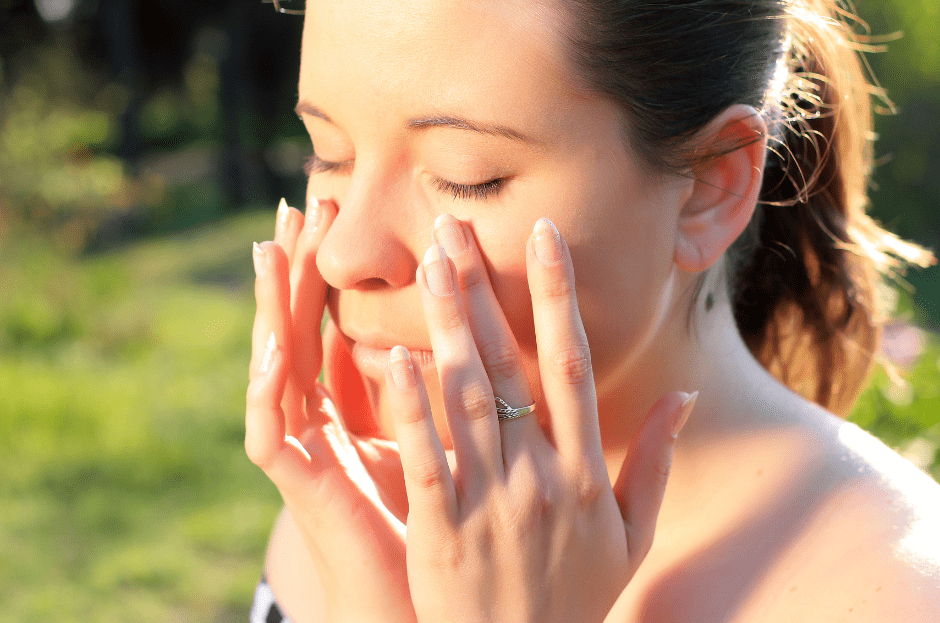Protect your Eyes from Hay Fever

It’s time to take advantage of the glorious warming weather by getting out and spending time in nature! For some of us however, this can be a little challenging. Unfortunately spring is also hay fever season, which can be a tough time for those of us whose eyes, nose, and throat become itchy and inflamed as the pollen count skyrockets.
Hay fever is an allergy caused by pollen that affects many people to varying degrees, in fact around 1 in 7 Aussies suffer each year! Symptoms include sneezing, a runny or stuffy nose, itchy ears, nose and throat, red, itchy or watery eyes, and headaches. In some cases symptoms can be so severe that a person feels so tired and unwell they can’t concentrate or sleep.
Luckily at Beckenham Optometrist, we have some helpful tips and tricks to protect your eyes from hay fever and to help you get back to doing the things you enjoy. Don’t let hay fever hinder your fun!
It’s difficult to avoid allergens even if you stay indoors. However, here are some helpful things you can do around the house to help prevent your onset of symptoms.
- Clean your house – Vacuum, dust, and change your sheets and pillowcases.
- Close your windows.
- Use an indoor air purifier.
This is a start but may not be enough, so here are some preventative measures for you to implement.
- Avoid peak hours for pollen, between 8-10 am and 5-7 pm is when it’s at its worst. If you’re a commuter, wear your sunglasses and consider a facemask.
- Avoid washing your eyes with water, this will just spread the allergen around the eye.
- Cold packs on affected areas are useful for symptom management.
- Create a “barrier” by dabbing a bit of petroleum jelly on the inside of your nose to prevent pollen from attaching to the inside of your nostrils.
- Don’t rub your eyes, it makes them puffier and spreads the allergen which increases the problem.
- Exercise, research shows that increased fitness levels reduce the symptoms of hay fever.
- Wash your hair at night, pollen can stick to your hair and run off onto your pillow.
Additionally hay fever’s effects on the eyes can be particularly annoying for contact lens wearers. We’ve also put together some handy tips to help you navigate when the risk to your eyes is highest and when switching from contact lenses to glasses will help alleviate some of the strain on your eyes this season.
- Allergies can adhere to the thin surface of contact lenses. Swapping them for glasses for periods of time, particularly during discomfort, is recommended.
- Avoid wearing contacts outside when conditions are hot, dry, and/or dusty during hay fever season.
- Avoid wearing contact lenses when you are mowing the lawn or gardening.
- If your eyes become sore and red, take your lenses out immediately.
- Take advantage of daily contact lenses; replacing them daily reduces the chances of protein build-up that can lead to sore irritated eyes.
- Wearing sunglasses over your contact lenses may help protect your eyes from dust and circulating in the air.
- When the pollen count is very high, switch to wearing glasses rather than contacts to avoid irritation.
If you have any further concerns about contact lens wear during hay fever season or are after some advice regarding drops, book an appointment with one of our optometrists today to learn more!!







